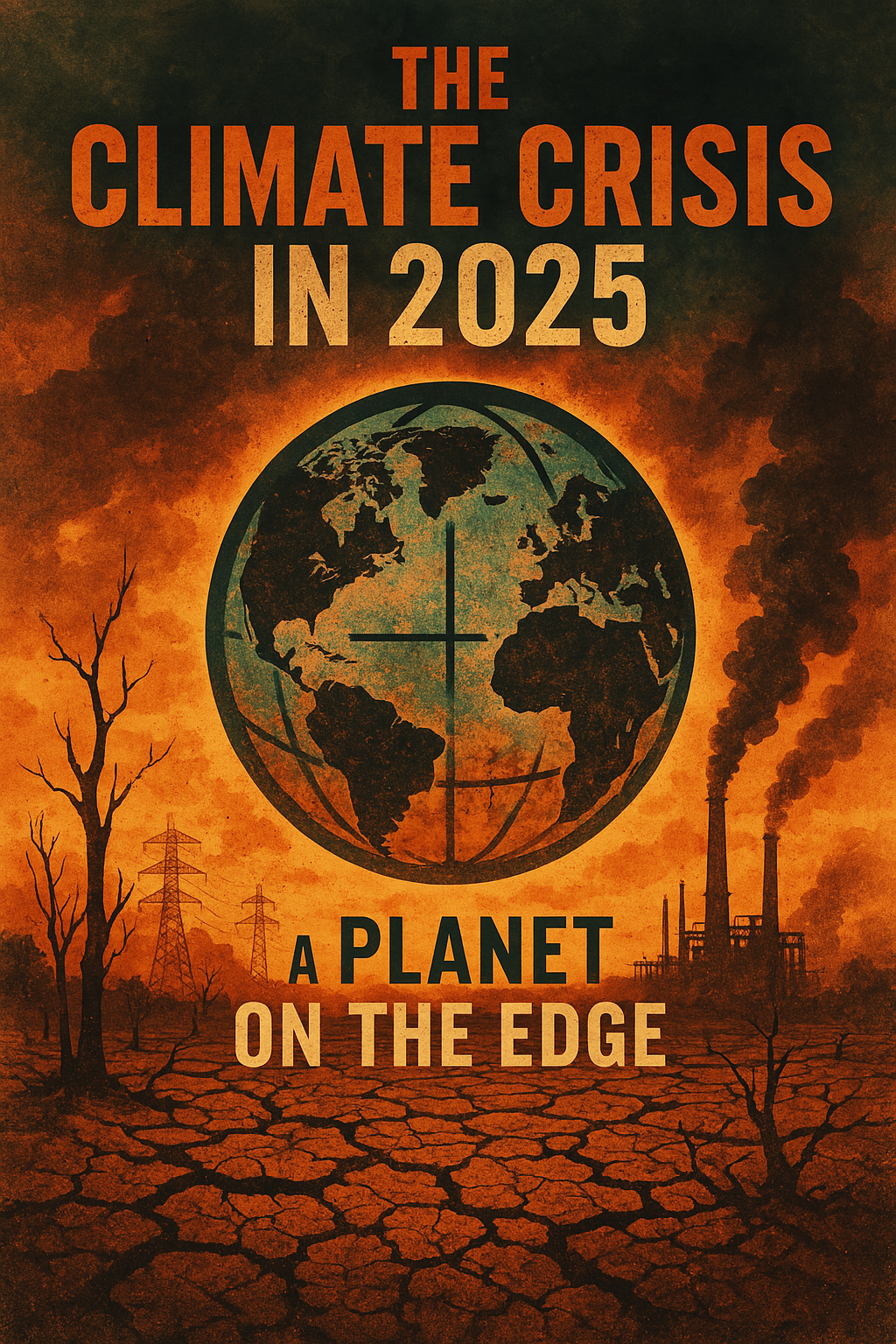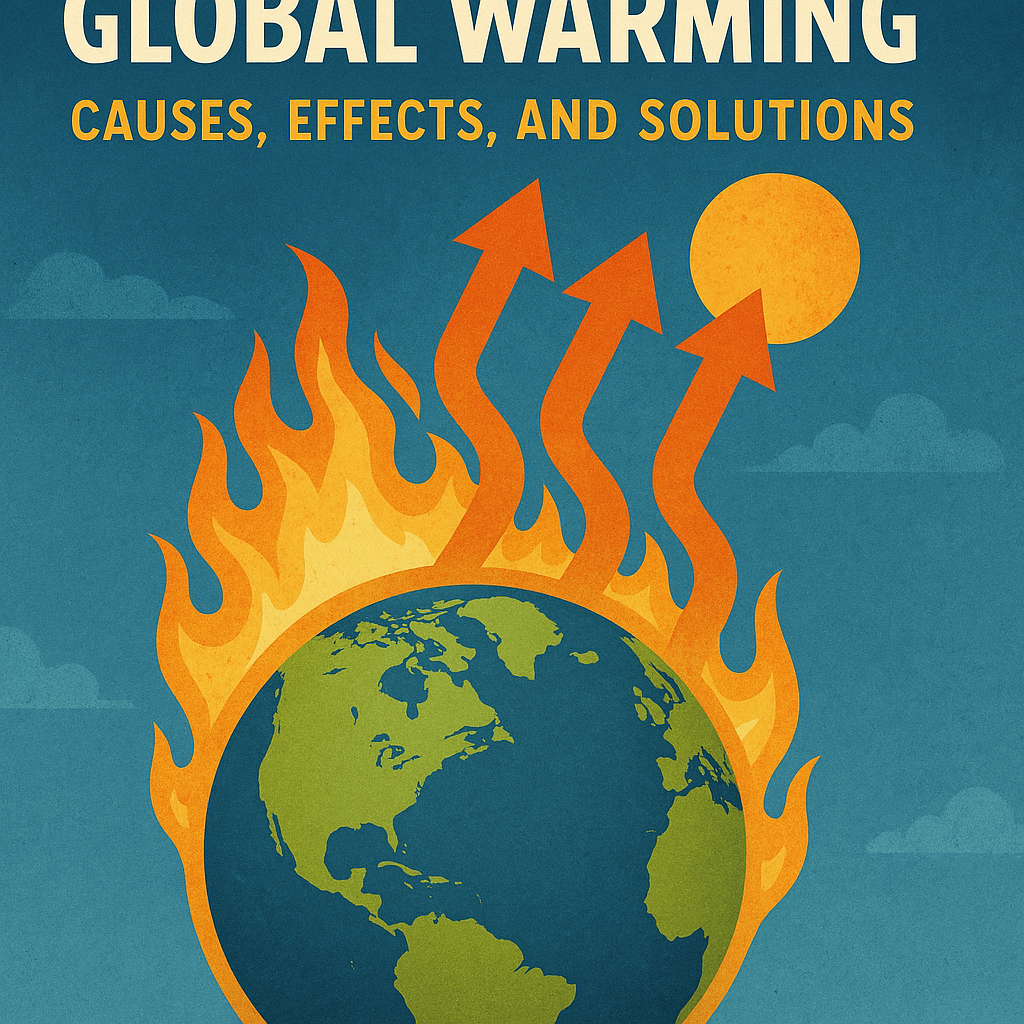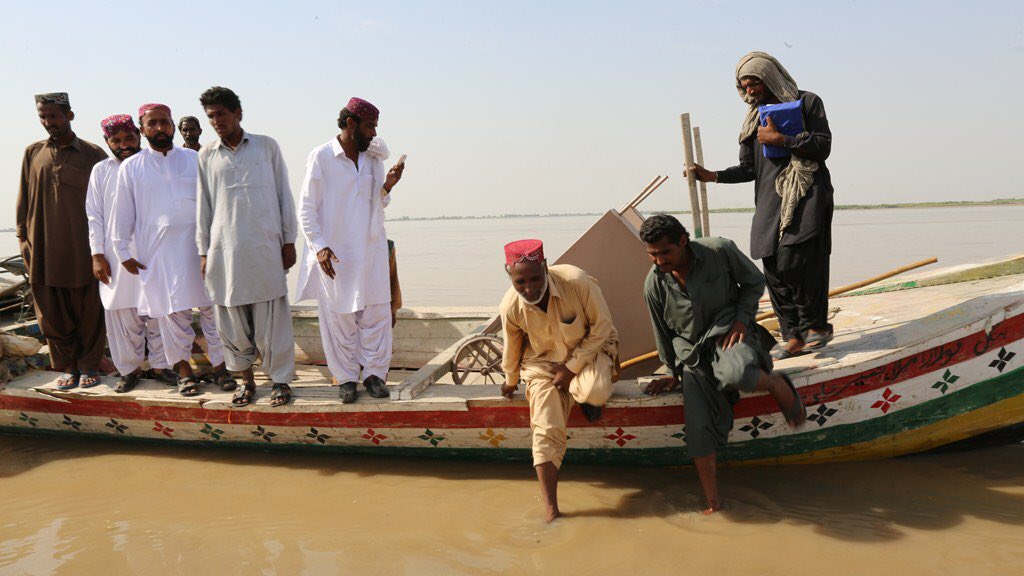Politics
The Climate Crisis in 2025: A Planet on the Edge

The devastating impacts of climate change reached unprecedented levels in 2025, leaving no region untouched. Relentless heatwaves shattered records worldwide, with India enduring 53°C (127°F) temperatures that melted roads and pushed infrastructure to collapse. Europe suffered its worst drought in five centuries, causing historic rivers like the Rhine to run dry and agricultural yields to plummet by 30%. Wildfires raged across the Mediterranean and North America, while smoke from Canadian blazes once again choked New York under an eerie orange haze. Coastal cities from Miami to Jakarta faced routine flooding as rising seas breached defenses, and small island nations like Tuvalu began evacuating residents as saltwater contamination made freshwater supplies undrinkable.
The oceans fared no better, with record-high temperatures triggering mass coral die-offs—90% of the Great Barrier Reef is now bleached. Fisheries collapsed as marine ecosystems destabilized, and the Atlantic hurricane season unleashed seven Category 5 storms by September alone, including Hurricane Lorenzo, which devastated the Caribbean before slamming into Florida. Meanwhile, Africa's Lake Chad, a vital water source for millions, shrank to a fraction of its former size, exacerbating food and water shortages. As climate refugees surged across borders and insurance companies abandoned high-risk regions, governments scrambled to respond to what scientists now call an irreversible climate breakdown. The events of 2025 proved that the climate crisis is no longer a future threat—it is here, and its consequences are unfolding faster than predicted.


